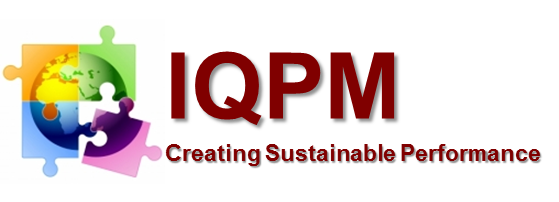
Insights: Project Management Body of Knowledge (PMBOK)
The Project Management Body of Knowledge (PMBOK) is a collection of processes and knowledge areas generally accepted as best practice within the project management discipline.
As an internationally recognised standard (IEEE Std 1490-2003) it provides the fundamentals of project management, irrespective of the type of project be it construction, software, engineering, automotive etc. PMBOK recognises 5 basic process groups and 9 knowledge areas typical of almost all projects. The basic concepts are applicable to projects, programs and operations. The five basic process groups are:
Processes overlap and interact throughout a project or phase. Processes are described in terms of:
- Inputs (documents, plans, designs, etc.)
- Tools and Techniques (mechanisms applied to inputs)
- Outputs (documents, products, etc.)
The nine knowledge areas are:
- Project Integration Management
- Project Scope Management
- Project Time Management
- Project Cost Management
- Project Quality Management
- Project Human Resource Management
- Project Communications Management
- Project Risk Management
- Project Procurement Management
Each knowledge area contains some or all of the project management processes. For example, Project Procurement Management includes:
- Procurement Planning
- Solicitation Planning
- Solicitation
- Source Selection
- Contract Administration
- Contract Closeout
Much of PMBOK is unique to project management e.g. critical path and work breakdown structure (WBS). Some areas overlap with other management disciplines. General management also includes planning, organising, staffing, executing and controlling the operations of an organisation. Financial forecasting, organisational behaviour and planning techniques are also similar.
The Project Management Institute (PMI) is the publisher of PMBOK (now in its fourth edition) in use at IQPM Consulting.
